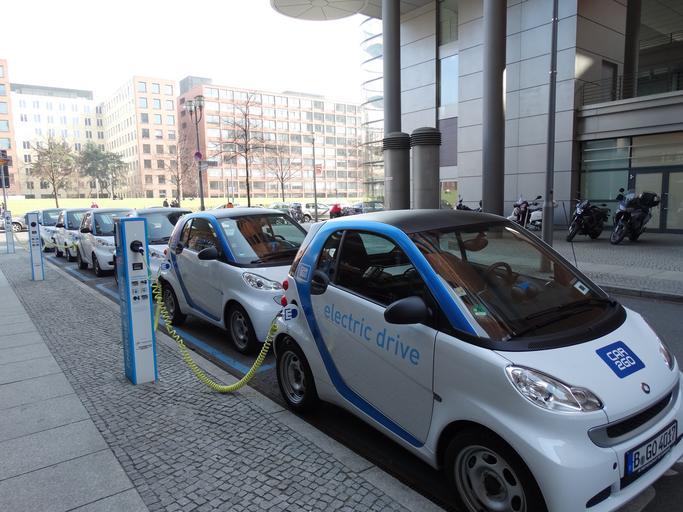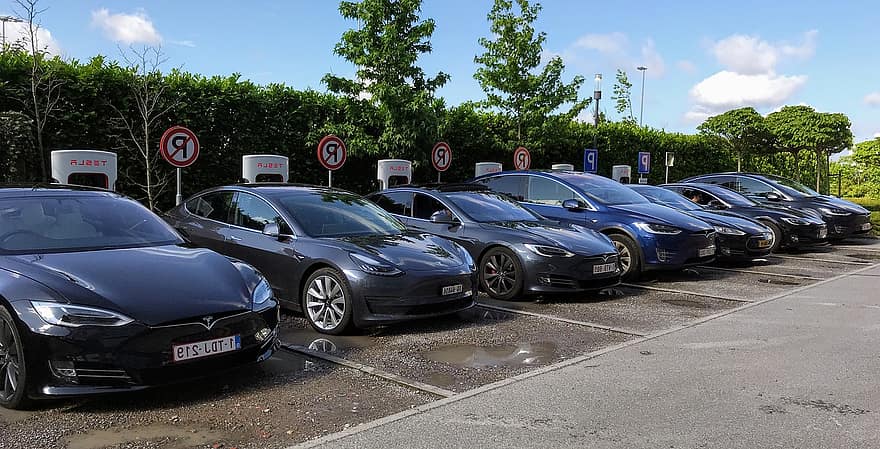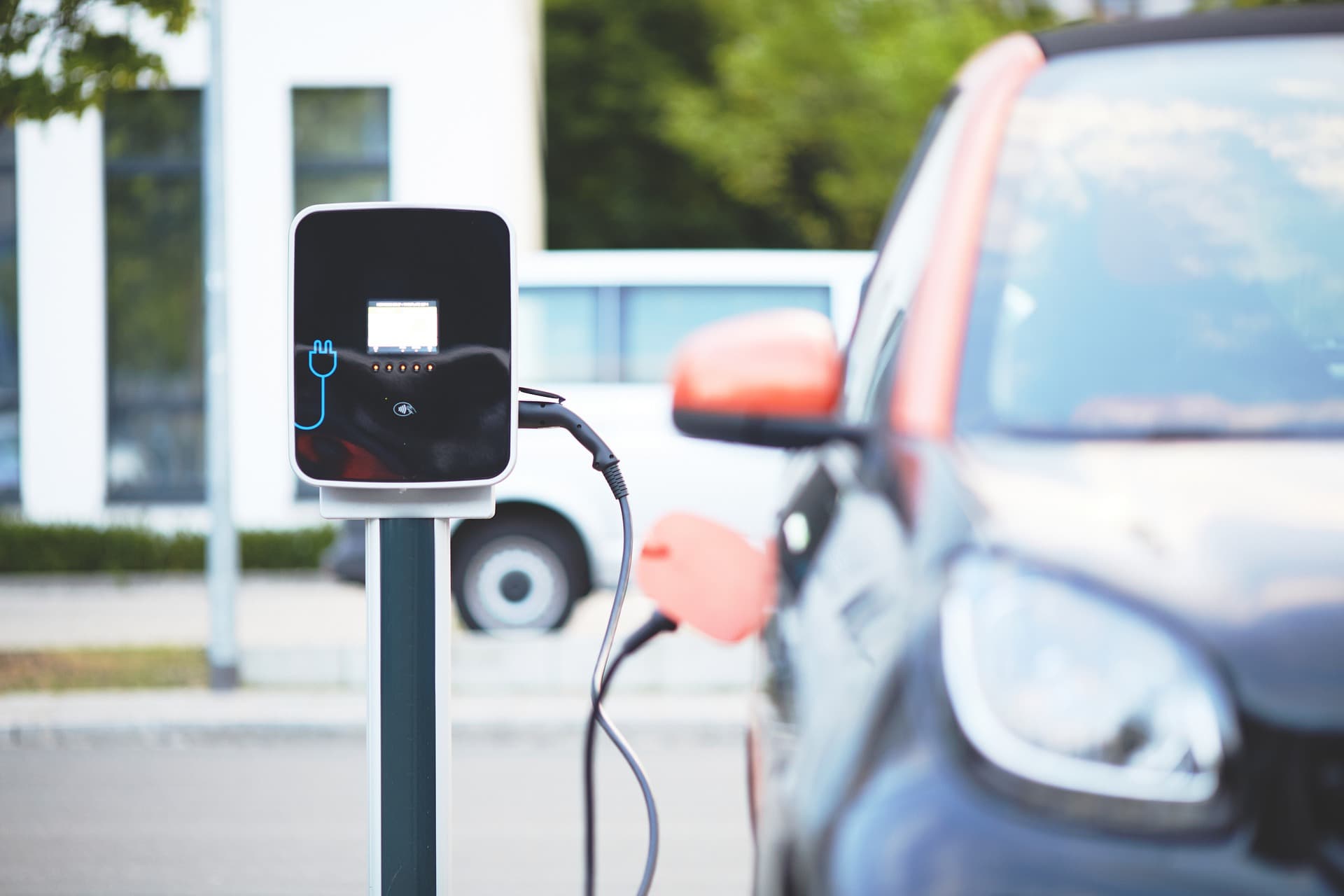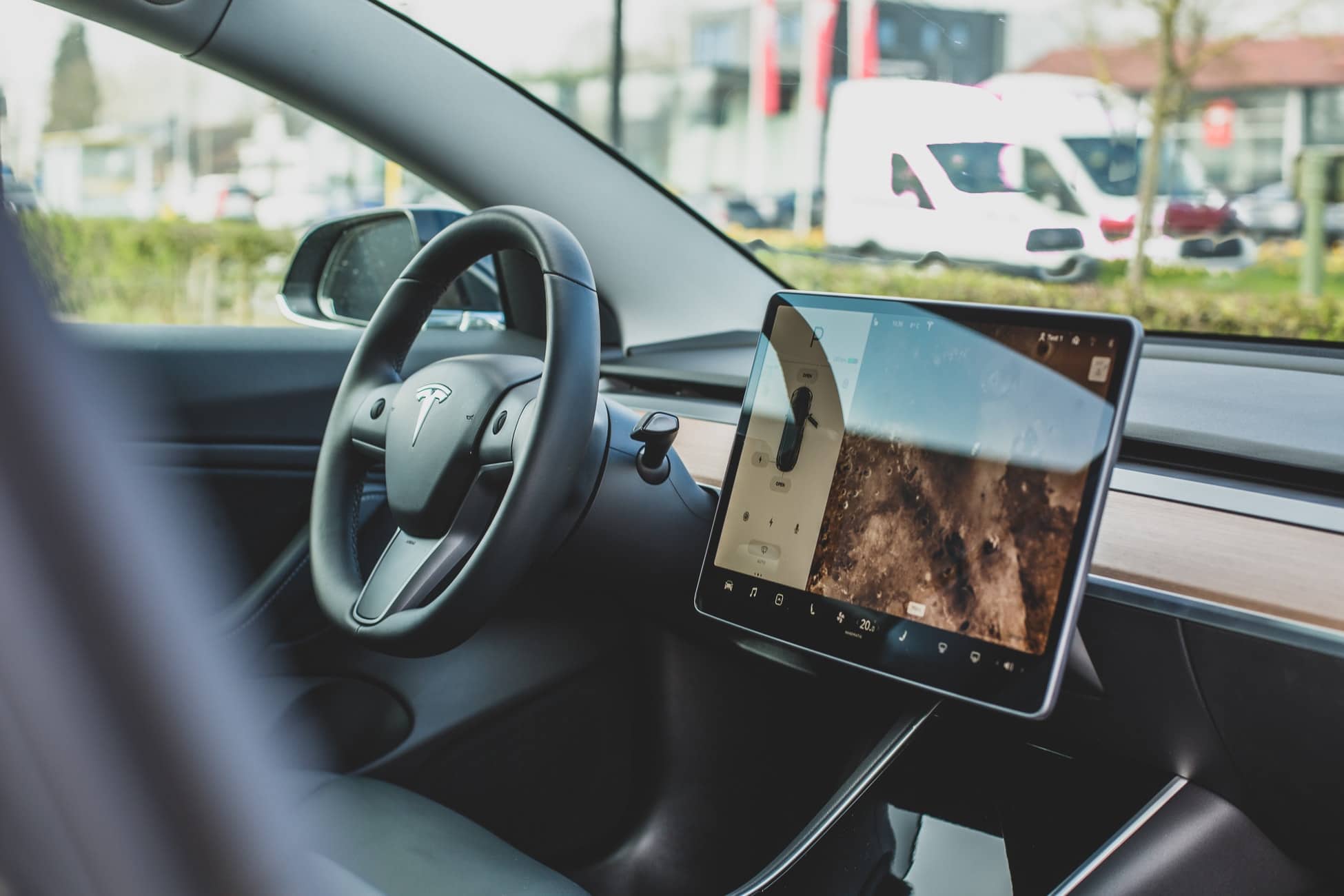Electric cars are the future—and that future is already upon us! This statement would have attracted scoffs and heated debates a few years ago, but it’s now more believable than ever before.
Electric car innovations are making significant leaps each passing year as prices concurrently fall. The outcome is an unprecedented adoption of the cars. In fact, a report by JPMorgan suggests that 3 in every 10 cars sold in 2025 will be electric—with the odds tilting against gas-powered cars by 2030.
And when you think about it; the forecast that electric cars will soon eclipse their gas-powered counterparts doesn’t come as a surprise. Electric cars are better for the environment, cleaner, cheaper in the long run and quitter.
But despite the clear perks of going electric, something still holds most of us back from making the leap. Whether that’s due to a lack of information or misinformation on the topic, this post aims to highlight some of the most important considerations before “cashing out” for your first electric vehicle:
What Are Your Needs?
The most important consideration when buying an electric car—or any other tech purchase for that matter—is ensuring it meets your needs. As a mobile gamer, you want a phone and accessories that fit the bill; same with laptops, and your first vehicle is not an exception.
Think of whether the car is spacious enough to transport your family. Or if the trunk is big enough to carry your typical cargo load. Along these lines, you can also look into the design and general aesthetics of the vehicle.

Charging Stations
Traditionally, the general rule of thumb when you drive to a new location is to map out the most accessible gas stations. Well, the same applies to electric cars. Only this time you plug your vehicle onto a power source rather than a gas pump.
You typically have two options when it comes to charging your electric vehicle—public charging or home charging. For the latter, you can either use the standard 110-volt outlet (Level 1) in most homes at the cost of slow charging (8-24hrs) or install a 240-volt outlet (Level 2) to juice up your ride in half the charging time.
While charging at home is often the more convenient and cheaper option, it doesn’t hurt to take stock of public station in your vicinity in case you urgently need a fresh jolt to get back on the road.
New Vs Used Electric Vehicle
A common question lingering in the minds of everyone right before they commit to buying an electric car is; “should I buy a new vehicle or a used one?”
A new car promises the latest technology, more advanced features, a longer operating range, a full warranty, and that euphoric ‘new car’ scent. But this all comes at a pocket-burning price tag. For example, Tesla’s viral Cybertruck is priced at $39,000—with other top versions hitting the $100,000 mark.
But for your first electric car, you’re likely on a budget and reluctant to splurge on something novel. In such a case, the proposition of used electric cars might sound alluring. Pre-owned models are cheaper and a better deal as long as you’re ready to compromise on the perks of a new vehicle.

Costs of Maintaining an Electric Vehicle
Although the general belief is that electric cars are cheaper to maintain than gas-powered alternatives, they still rack up some hefty additional costs down the road. This includes public charging station costs, battery replacement (*main concern), home charging station installation/maintenance, insurance, and general maintenance. Just ensure you crunch the numbers beyond the initial price before sealing the deal.
Operating Range
How many miles can the electric vehicle drive on a full charge? And more importantly how far should it go as per your daily commute? Hate to make the comparison—but it’s much like a phone. You need to consider how long a phone can go before it beeps with the dreaded “low battery” warning sign.
Keep in mind that the operating range of an electric vehicle is subject to driving habits, accessories installed/used in the vehicle, ambient temperature, and model of the electric vehicle.


